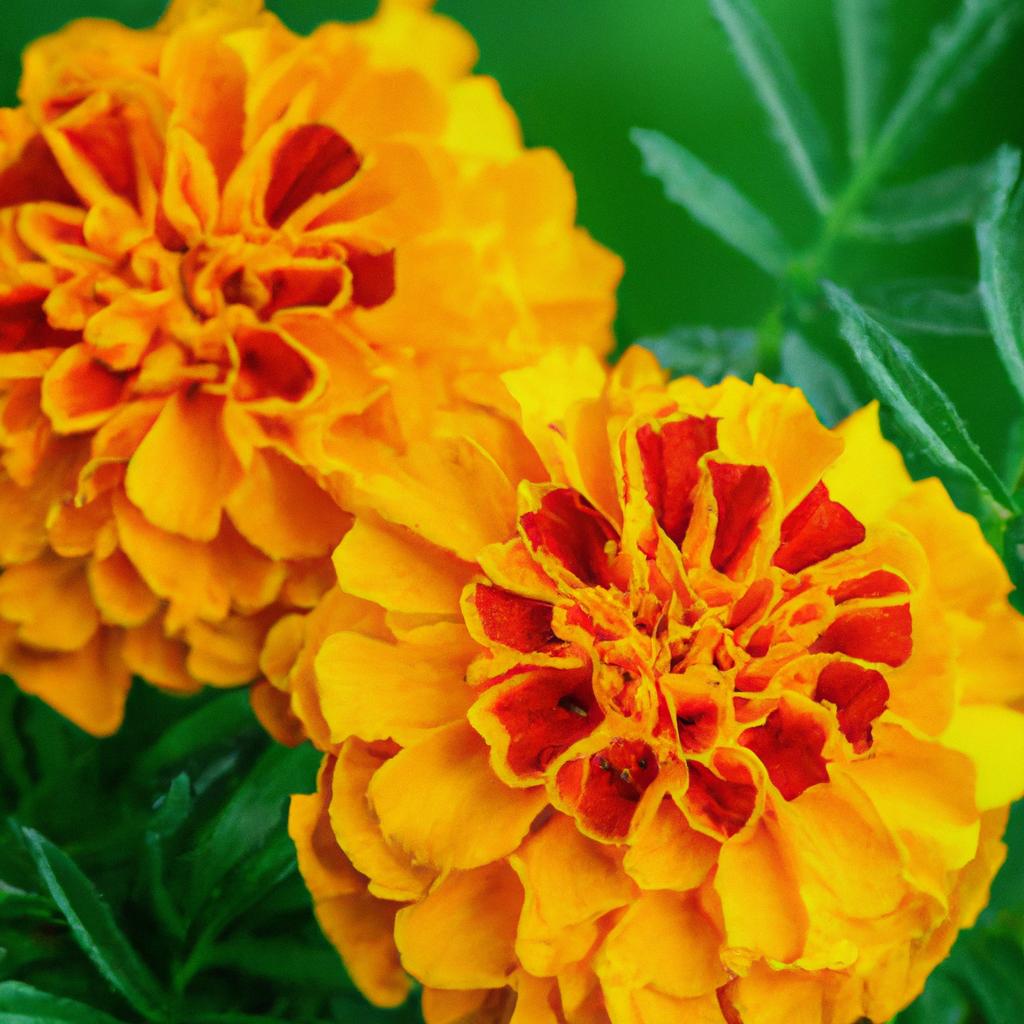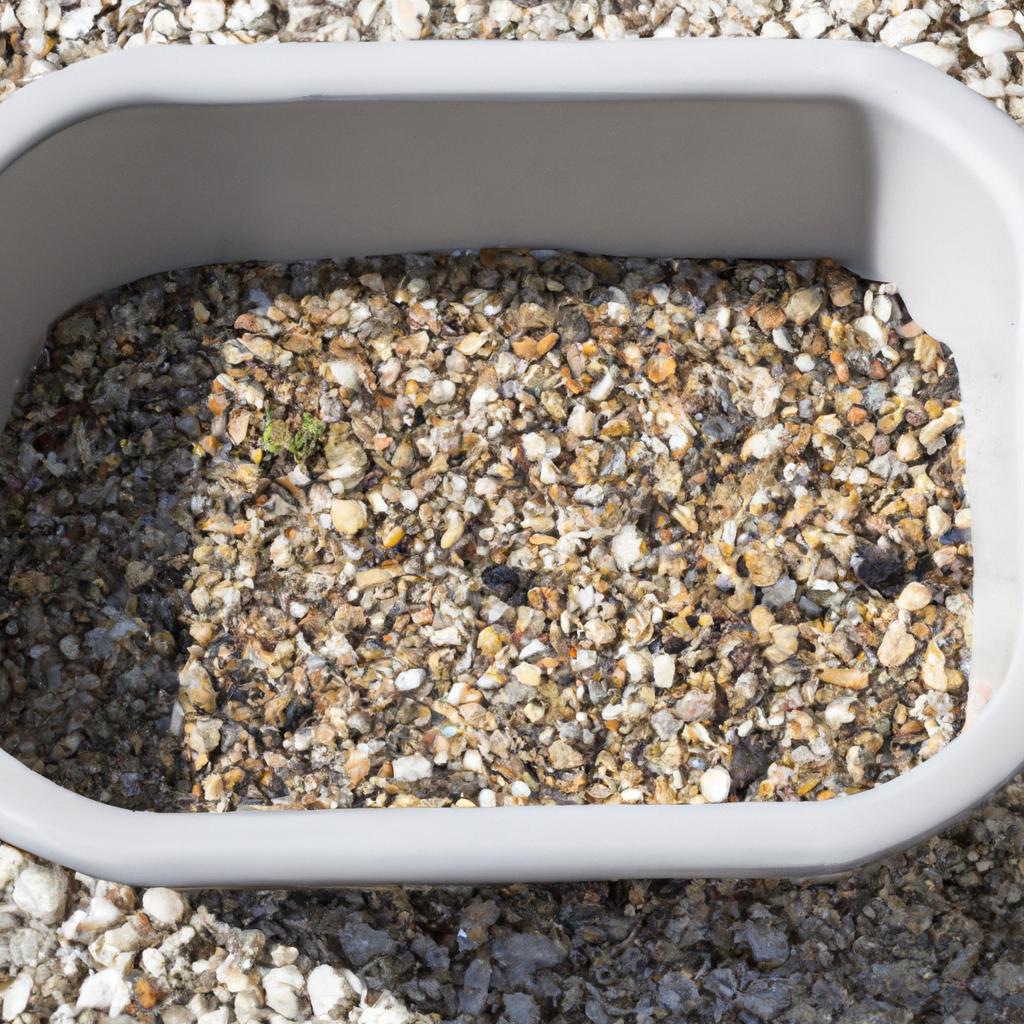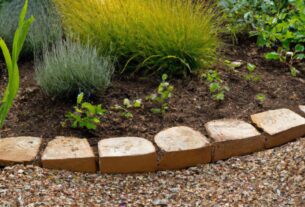Gardening is a beloved hobby that brings immense joy and beauty to our lives. However, the plethora of information available online makes it challenging to discern fact from fiction. In this article, we will dive into some of the most prevalent garden myths, debunking them with scientific evidence. By the end, you’ll have a better understanding of how to care for your garden and avoid common mistakes.
Myth #1: Adding Gravel to the Bottom of a Pot Improves Drainage

One of the most widespread pieces of advice in gardening is to add a layer of gravel or rocks at the bottom of a pot to enhance drainage. The rationale behind this practice is that water will accumulate at the pot’s base, and the gravel will prevent the soil from becoming waterlogged. However, scientific research has debunked this myth.
Contrary to popular belief, adding gravel to the bottom of a pot can actually harm your plants. When water reaches the layer of gravel, it becomes trapped, creating a waterlogged environment that promotes root rot and other diseases. Instead of gravel, opt for a well-draining soil mix and ensure your pot has sufficient drainage holes. Additionally, incorporating perlite or sand into the soil mix can improve drainage by facilitating quicker water runoff. By avoiding gravel and selecting the right soil mix, your plants can thrive with the proper drainage they need.
Myth #2: Planting Marigolds Repels All Garden Pests

Marigolds are a favorite choice among gardeners due to their vibrant blooms and ease of cultivation. A common garden myth suggests that planting marigolds can repel all garden pests. However, this myth is not entirely accurate.
While marigolds do possess some pest-repelling properties, they are only effective against certain types of pests, such as nematodes and whiteflies. They do not deter all garden pests, including aphids and caterpillars. Moreover, the efficacy of marigolds as a pest repellent depends on the marigold variety and the specific pest you intend to repel.
Instead of relying solely on marigolds, it’s best to utilize a combination of methods like companion planting and integrated pest management. By incorporating various plants with pest-repelling qualities and employing natural pest control techniques, you can create a healthy and thriving garden ecosystem without resorting to harmful chemicals.
Myth #3: Watering Plants in the Evening Promotes Disease

Another prevalent myth in gardening suggests that watering plants in the evening encourages disease. The theory behind this myth is that watering at night allows water to linger on leaves and soil, creating a moist environment conducive to the growth of fungal and bacterial diseases.
However, scientific evidence reveals that this myth is not entirely accurate. While watering plants in the evening does create a moist environment, it is not the moisture itself that causes disease. Rather, it is the duration of leaf and soil wetness that promotes disease.
In fact, watering plants in the evening can prove beneficial, especially during hot and dry weather. Watering during the cooler hours allows plants to absorb water effectively, reducing the risk of water loss due to evaporation. However, it is crucial to avoid wetting the leaves and instead focus on watering the soil directly to minimize disease risk.
Although the ideal time to water plants is in the morning, allowing leaves and soil to dry out during the day, evening watering can still be a viable option if you refrain from wetting the foliage.
Myth #4: Fertilizing Plants More Frequently Leads to Better Growth

Many gardeners mistakenly believe that frequently fertilizing plants results in faster and stronger growth. However, this common myth can actually harm your plants. Over-fertilization leads to salt accumulation in the soil, causing root damage and stunting overall growth.
Scientific research demonstrates that plants require specific amounts of nutrients to thrive and that over-fertilization can be detrimental to their health. It is crucial to follow proper fertilizer application techniques, ensuring your plants receive the correct amount of nutrients without overwhelming them.
The best approach to fertilization involves using slow-release fertilizers in accordance with recommended application rates. Regularly testing your soil’s nutrient levels and adjusting your fertilization schedule accordingly is also essential. By following these simple steps, you can provide your plants with the necessary nutrients for healthy and robust growth.
Myth #5: All Plants Need Full Sun to Thrive
Many believe that all plants require full sun to thrive, but this is yet another garden myth. While some plants indeed demand full sun, many others can flourish in shade or partial sun. In fact, excessive sunlight can be detrimental to specific plants, causing wilting or scorching.
Scientific evidence reveals that different plants have varying light requirements, emphasizing the importance of choosing varieties suitable for your garden’s lighting conditions. Some plants, like hostas and ferns, thrive in shade or partial sun, while others, such as tomatoes and peppers, necessitate full sun.
Thoroughly researching the lighting requirements of the plants you wish to grow and selecting varieties tailored to your garden’s conditions is crucial. Employing shade cloth or implementing other shading techniques can protect light-sensitive plants from direct sunlight. By aligning your plant selection with the proper lighting conditions, you can create a stunning and flourishing garden throughout the seasons.
Conclusion
To conclude, garden myths can undermine your gardening practices and harm your plants. By arming yourself with scientific evidence and adopting proper techniques, you can ensure a thriving garden that brings you joy and beauty. At TooLacks, we are passionate about encouraging all gardeners to research their techniques and debunk common myths, facilitating the creation of healthy and sustainable gardens. To learn more about gardening and explore an extensive range of gardening products, visit TooLacks.



